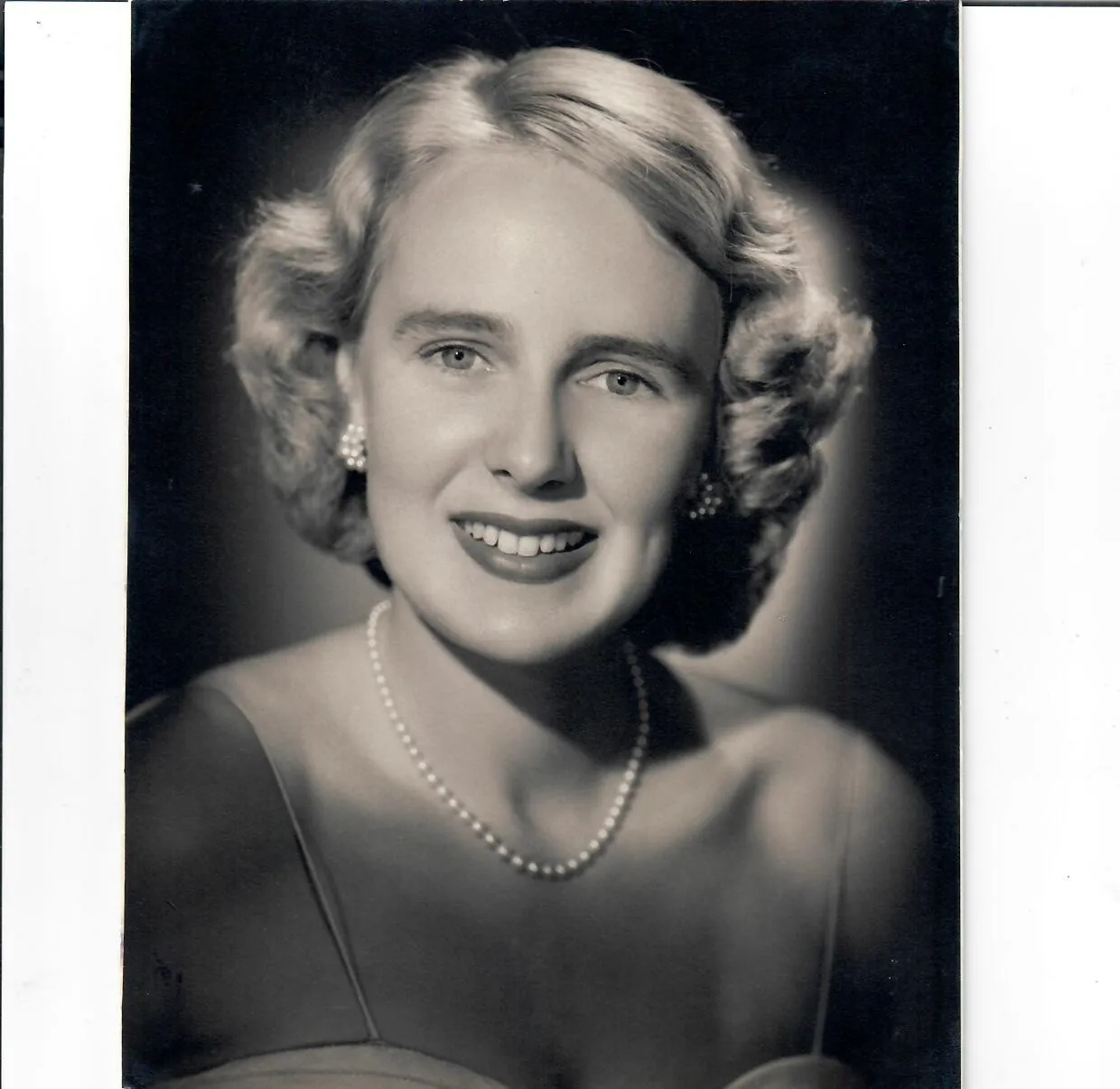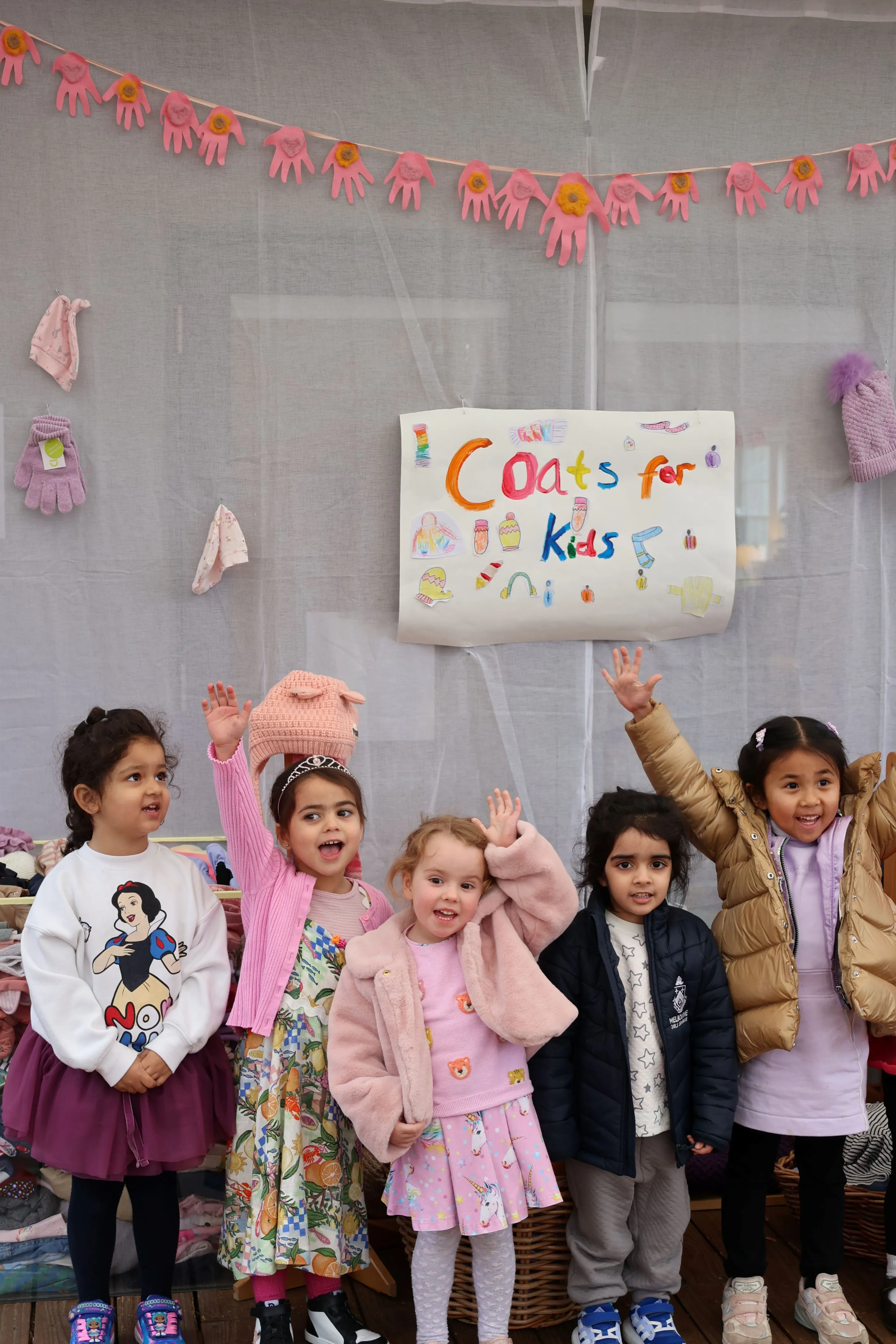



Tiny Hands, Big Impact
At the ‘early years’ stage (ages 0 to 5), children are in a critical phase of social-emotional development. They are beginning to understand the world outside of their immediate family or classroom.
Research and experience show that the earlier we instil values of generosity and empathy, the more deeply rooted these traits become.

Although they are yet to understand the concepts of empathy or courage, or why one thing might be the right thing to do and another is not, young children must experience and observe these behaviours in action in order to learn.
Our youngest Grammarians might not be able to explain exactly why, but they know it is polite to listen carefully, or to say hello, or to give an unhappy friend a hug. At the ELC, our children are given the freedom and responsibility to be active participants in their world, developing perspective and an understanding that actions have consequences.
As Loris Malaguzzi, the visionary of the Reggio Emilia educational philosophy upon which our ELC’s curriculum is built, says, “children have the right to imagine. We need to give them full rights of citizenship in life and in society."
Although they are yet to understand the concepts of empathy or courage, or why one thing might be the right thing to do and another is not, young children must experience and observe these behaviours in action in order to learn.
Our youngest Grammarians might not be able to explain exactly why, but they know it is polite to listen carefully, or to say hello, or to give an unhappy friend a hug. At the ELC, our children are given the freedom and responsibility to be active participants in their world, developing perspective and an understanding that actions have consequences.
As Loris Malaguzzi, the visionary of the Reggio Emilia educational philosophy upon which our ELC’s curriculum is built, says, “children have the right to imagine. We need to give them full rights of citizenship in life and in society."
Although they are yet to understand the concepts of empathy or courage, or why one thing might be the right thing to do and another is not, young children must experience and observe these behaviours in action in order to learn.
Our youngest Grammarians might not be able to explain exactly why, but they know it is polite to listen carefully, or to say hello, or to give an unhappy friend a hug. At the ELC, our children are given the freedom and responsibility to be active participants in their world, developing perspective and an understanding that actions have consequences.
As Loris Malaguzzi, the visionary of the Reggio Emilia educational philosophy upon which our ELC’s curriculum is built, says, “children have the right to imagine. We need to give them full rights of citizenship in life and in society."
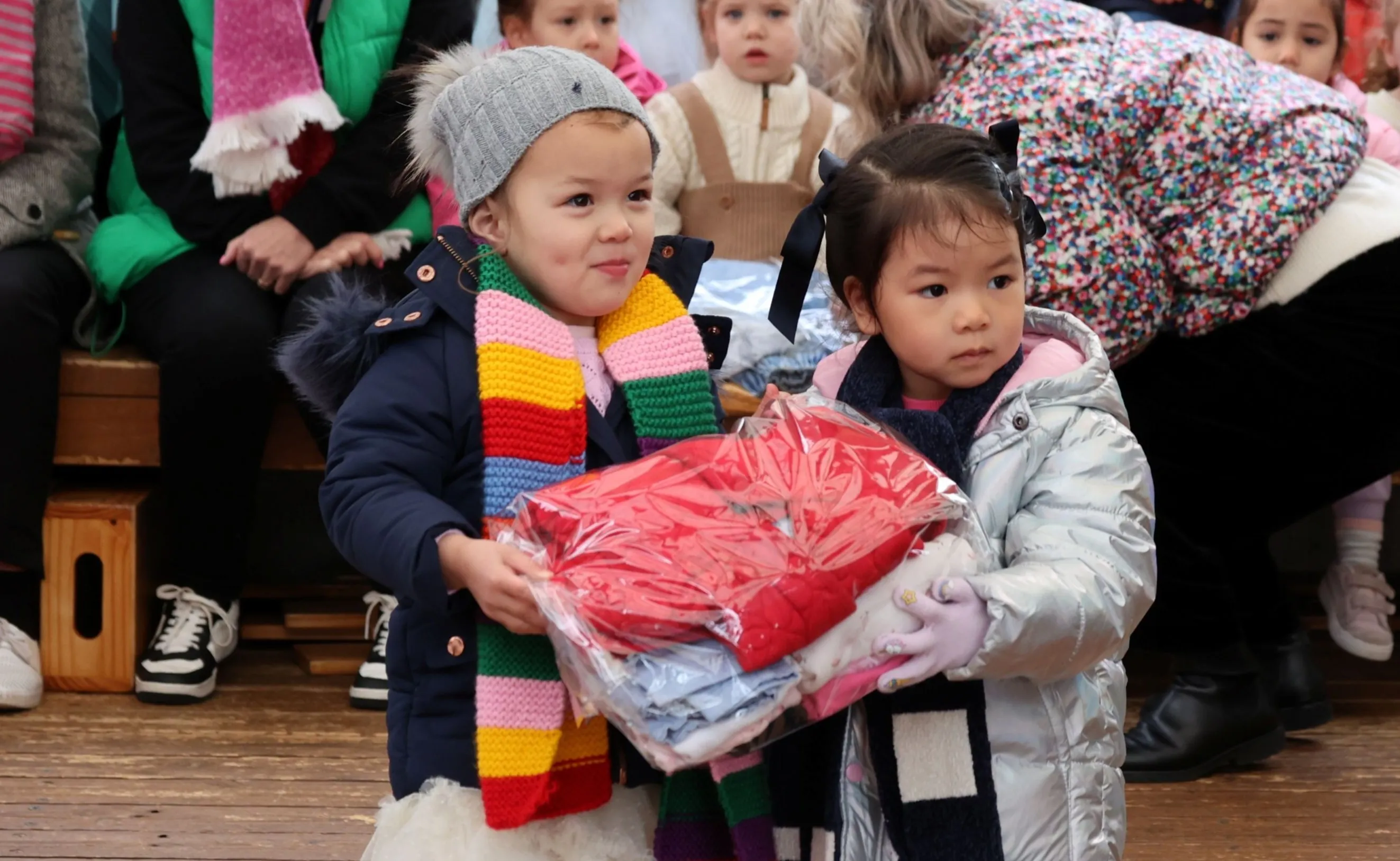




.webp)
.webp)
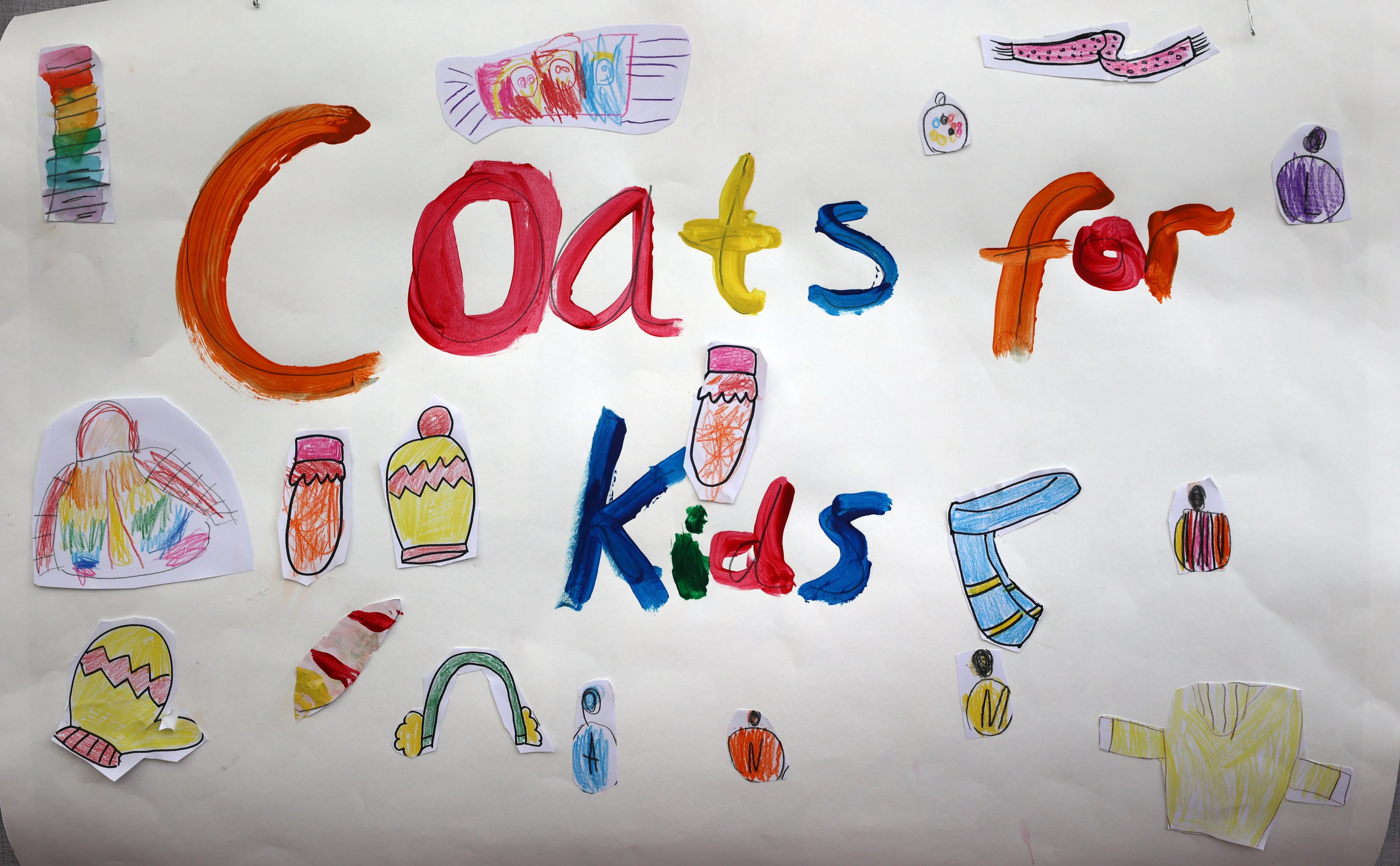

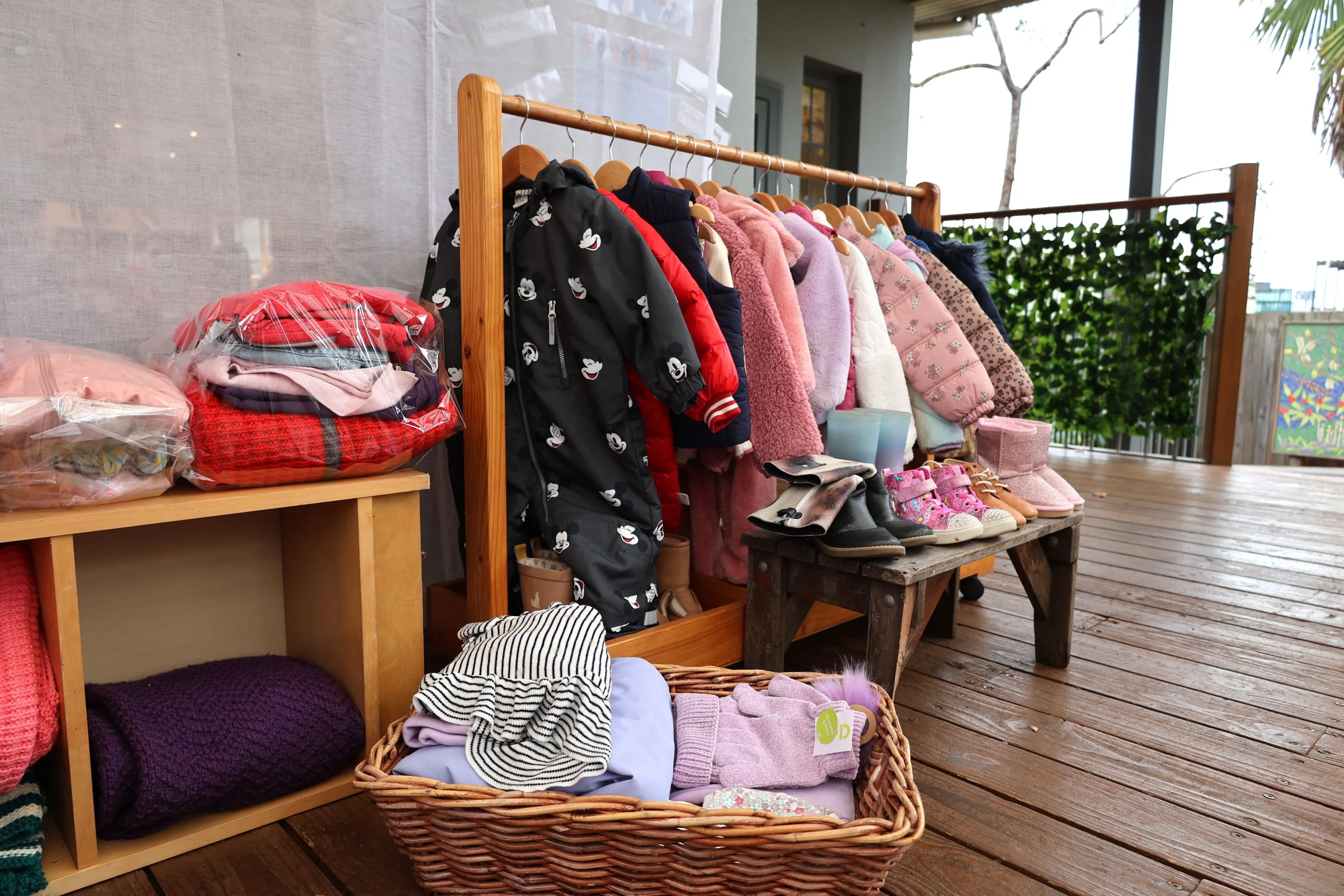


In the ELC, initiatives like ‘Coats for Kids’ and ‘Operation Backpack’, set the stage for a lifetime of compassion, community involvement and responsible citizenship, which, as you will discover in this edition of Information Exchange, our Grammarians continue to develop as they progress through their Morris Hall and Merton Hall school experiences.
Introducing age-appropriate activities and initiatives helps children grasp the concept that not everyone has the same resources or opportunities as them. When they learn that other children may not have enough food to eat or warm clothes in the winter, it creates awareness and encourages them to care about others' feelings and experiences. This early cultivation of empathy leads to better interpersonal skills and emotional regulation.
" ... learning opportunities aim to expand our Grammarians’ perspective beyond the ‘bubble’ of home and school ... it fosters community awareness by demonstrating that their community includes people from all walks of life and that we all have a role to play in supporting one another."
In the ELC, initiatives like ‘Coats for Kids’ and ‘Operation Backpack’, set the stage for a lifetime of compassion, community involvement and responsible citizenship, which, as you will discover in this edition of Information Exchange, our Grammarians continue to develop as they progress through their Morris Hall and Merton Hall school experiences.
Introducing age-appropriate activities and initiatives helps children grasp the concept that not everyone has the same resources or opportunities as them. When they learn that other children may not have enough food to eat or warm clothes in the winter, it creates awareness and encourages them to care about others' feelings and experiences. This early cultivation of empathy leads to better interpersonal skills and emotional regulation.
" ... learning opportunities aim to expand our Grammarians’ perspective beyond the ‘bubble’ of home and school ... it fosters community awareness by demonstrating that their community includes people from all walks of life and that we all have a role to play in supporting one another."
In the ELC, initiatives like ‘Coats for Kids’ and ‘Operation Backpack’, set the stage for a lifetime of compassion, community involvement and responsible citizenship, which, as you will discover in this edition of Information Exchange, our Grammarians continue to develop as they progress through their Morris Hall and Merton Hall school experiences.
Introducing age-appropriate activities and initiatives helps children grasp the concept that not everyone has the same resources or opportunities as them. When they learn that other children may not have enough food to eat or warm clothes in the winter, it creates awareness and encourages them to care about others' feelings and experiences. This early cultivation of empathy leads to better interpersonal skills and emotional regulation.
" ... learning opportunities aim to expand our Grammarians’ perspective beyond the ‘bubble’ of home and school ... it fosters community awareness by demonstrating that their community includes people from all walks of life and that we all have a role to play in supporting one another."

Simple hands-on experiences – like bringing in old or outgrown warm clothing for others or donating stationery supplies for school-aged children – provide tangible examples of how they can help others, no matter their age. This builds a sense of purpose and empowerment. It teaches them that their actions can make a difference, which is incredibly powerful for young minds still forming their sense of identity and capability. When a child parts with clothing that they’ve outgrown or helps select stationery supplies with their parents to donate for others, they see firsthand how their small efforts contribute to a larger cause.
As Nicole Stynes, one of our ELC educators shared, “[I] was amazed by how readily the girls embraced the idea of donating their outgrown clothes to those less fortunate. Their compassion shone through as we discussed how some children’s families lack the means to buy warm coats for the cold months."
Another classroom educator, Lizzie Gould, reflected that experiences such as ‘Coats for Kids’ provide valuable lessons in empathy, compassion, gratitude and generosity. Through these initiatives, children think about the feelings and realities of others, they recognise and appreciate what they have, and take action to make a positive impact on the lives of others.
These learning opportunities aim to expand our Grammarians’ perspective beyond the ‘bubble’ of home and school. When our students are involved in these activities, it fosters community awareness by demonstrating that their community includes people from all walks of life and that we all have a role to play in supporting one another.
Simple hands-on experiences – like bringing in old or outgrown warm clothing for others or donating stationery supplies for school-aged children – provide tangible examples of how they can help others, no matter their age. This builds a sense of purpose and empowerment. It teaches them that their actions can make a difference, which is incredibly powerful for young minds still forming their sense of identity and capability. When a child parts with clothing that they’ve outgrown or helps select stationery supplies with their parents to donate for others, they see firsthand how their small efforts contribute to a larger cause.
As Nicole Stynes, one of our ELC educators shared, “[I] was amazed by how readily the girls embraced the idea of donating their outgrown clothes to those less fortunate. Their compassion shone through as we discussed how some children’s families lack the means to buy warm coats for the cold months."
Another classroom educator, Lizzie Gould, reflected that experiences such as ‘Coats for Kids’ provide valuable lessons in empathy, compassion, gratitude and generosity. Through these initiatives, children think about the feelings and realities of others, they recognise and appreciate what they have, and take action to make a positive impact on the lives of others.
These learning opportunities aim to expand our Grammarians’ perspective beyond the ‘bubble’ of home and school. When our students are involved in these activities, it fosters community awareness by demonstrating that their community includes people from all walks of life and that we all have a role to play in supporting one another.
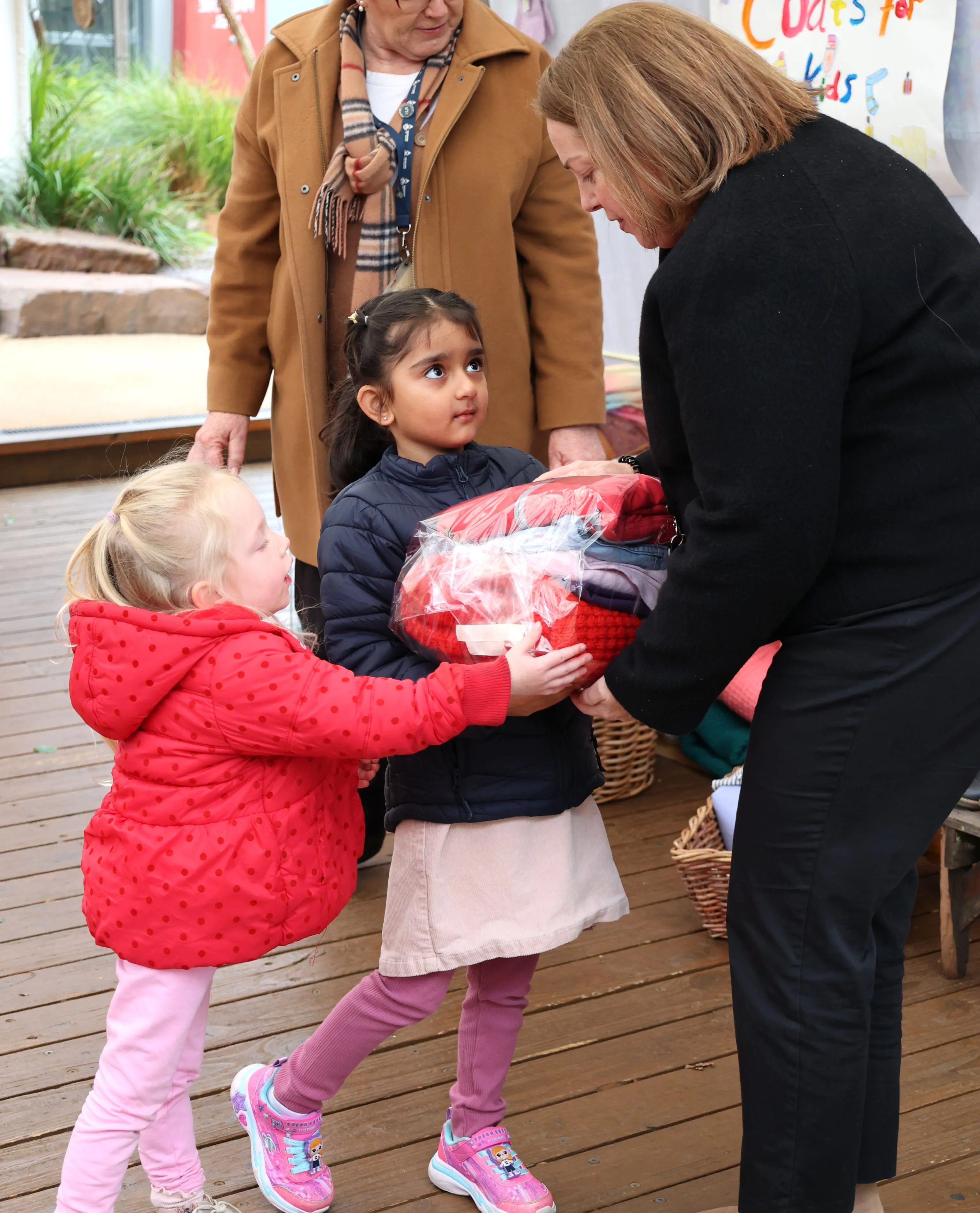

Ella and Shivaa present Ms Gill with Mitchell Group's donated winter clothing items.



Ella and Shivaa present Ms Gill with Mitchell Group's donated winter clothing items.


Ella and Shivaa present Ms Gill with Mitchell Group's donated winter clothing items.

When our Grammarians bring in their belongings for donations each year, the items are given to Our Village (formerly St Kilda Mums). A representative from Our Village wrote to us last year, “I was overwhelmed with what we received. The donations included much-needed stationary, Textas, pencils, backpacks, books, lunch boxes, drink bottles, and things like socks and underwear (which were all brand new), to support children in need with school essentials. Upon arrival at the warehouse, the staff and fellow volunteers were in awe of what your families had donated. These donations will be utilised to provide the much-needed essentials for children starting school in 2025.”
At Melbourne Girls Grammar, our School values are carried out and celebrated in the small moments, through everyday actions. At the ELC’s Harmony Day celebrations back in March, Head of Early Learning, Margaret Sellar, quoted the 2015 movie Cinderella – a favourite among the girls – encouraging them to always, not just on Harmony Day, “have courage and be kind.” Margaret asked the girls to repeat these words back to her, which they did enthusiastically, and asked them what courage looks like. Many hands shot up into the air.
“Sharing with my friends”, “listening with my ears”, “being brave”. These are all dispositions that live our values every day, she shared.
Our School values became the catalyst for another initiative in the ELC. Introduced by one of our co-educators, Pauline Tatter, each year the girls make Christmas cards for residents in Villa Maria Catholic Home (an aged care facility) and some of the School’s Old Grammarians. Sometimes just the thought that someone else is thinking of you can brighten your day and have a major impact.
These initiatives are about shaping kind, empathetic and socially responsible women of action and this process begins in our Early Learning Centre. Engagement in these initiatives provides tangible markers of social-emotional development as our Grammarians expand their understanding of the world. At the ELC, they gain greater opportunities to learn lifelong values and understand what it means to take meaningful action.
When our Grammarians bring in their belongings for donations each year, the items are given to Our Village (formerly St Kilda Mums). A representative from Our Village wrote to us last year, “I was overwhelmed with what we received. The donations included much-needed stationary, Textas, pencils, backpacks, books, lunch boxes, drink bottles, and things like socks and underwear (which were all brand new), to support children in need with school essentials. Upon arrival at the warehouse, the staff and fellow volunteers were in awe of what your families had donated. These donations will be utilised to provide the much-needed essentials for children starting school in 2025.”
At Melbourne Girls Grammar, our School values are carried out and celebrated in the small moments, through everyday actions. At the ELC’s Harmony Day celebrations back in March, Head of Early Learning, Margaret Sellar, quoted the 2015 movie Cinderella – a favourite among the girls – encouraging them to always, not just on Harmony Day, “have courage and be kind.” Margaret asked the girls to repeat these words back to her, which they did enthusiastically, and asked them what courage looks like. Many hands shot up into the air.
“Sharing with my friends”, “listening with my ears”, “being brave”. These are all dispositions that live our values every day, she shared.
Our School values became the catalyst for another initiative in the ELC. Introduced by one of our co-educators, Pauline Tatter, each year the girls make Christmas cards for residents in Villa Maria Catholic Home (an aged care facility) and some of the School’s Old Grammarians. Sometimes just the thought that someone else is thinking of you can brighten your day and have a major impact.
These initiatives are about shaping kind, empathetic and socially responsible women of action and this process begins in our Early Learning Centre. Engagement in these initiatives provides tangible markers of social-emotional development as our Grammarians expand their understanding of the world. At the ELC, they gain greater opportunities to learn lifelong values and understand what it means to take meaningful action.
When our Grammarians bring in their belongings for donations each year, the items are given to Our Village (formerly St Kilda Mums). A representative from Our Village wrote to us last year, “I was overwhelmed with what we received. The donations included much-needed stationary, Textas, pencils, backpacks, books, lunch boxes, drink bottles, and things like socks and underwear (which were all brand new), to support children in need with school essentials. Upon arrival at the warehouse, the staff and fellow volunteers were in awe of what your families had donated. These donations will be utilised to provide the much-needed essentials for children starting school in 2025.”
At Melbourne Girls Grammar, our School values are carried out and celebrated in the small moments, through everyday actions. At the ELC’s Harmony Day celebrations back in March, Head of Early Learning, Margaret Sellar, quoted the 2015 movie Cinderella – a favourite among the girls – encouraging them to always, not just on Harmony Day, “have courage and be kind.” Margaret asked the girls to repeat these words back to her, which they did enthusiastically, and asked them what courage looks like. Many hands shot up into the air.
“Sharing with my friends”, “listening with my ears”, “being brave”. These are all dispositions that live our values every day, she shared.
Our School values became the catalyst for another initiative in the ELC. Introduced by one of our co-educators, Pauline Tatter, each year the girls make Christmas cards for residents in Villa Maria Catholic Home (an aged care facility) and some of the School’s Old Grammarians. Sometimes just the thought that someone else is thinking of you can brighten your day and have a major impact.
These initiatives are about shaping kind, empathetic and socially responsible women of action and this process begins in our Early Learning Centre. Engagement in these initiatives provides tangible markers of social-emotional development as our Grammarians expand their understanding of the world. At the ELC, they gain greater opportunities to learn lifelong values and understand what it means to take meaningful action.

Bibliography
Farini, F. (2019). The paradox of citizenship education in Early Years (and beyond): The case of Education to Fundamental British Values. Journal of Early Childhood Research. (Accepted version, April 2019).
Gunawardena, M., & Brown, B. (2021). Fostering values through authentic storytelling. Australian Journal of Teacher Education, 46(6). https://doi.org/10.14221/ajte.2021v46n6.3
Lovat, T. (2017). Values education as good practice pedagogy: Evidence from Australian empirical research. Journal of Moral Education, 46(1), 88–96. https://doi.org/10.1080/03057240.2016.1268110
Print, M. (2015). Values education and the making of ‘good citizens’ in Australia. In M. Print & C. Tan (Eds.), Educating ‘good’ citizens in a globalising world for the twenty-first century (pp. 81–95). Rotterdam: Sense Publishers.
Sutch, D. (2023, April 19). Empathy can be taught at school – and it can lead to more creative thinking. The Conversation. https://theconversation.com/empathy-can-be-taught-at-school-and-it-can-lead-to-more-creative-thinking-201238
Bibliography
Farini, F. (2019). The paradox of citizenship education in Early Years (and beyond): The case of Education to Fundamental British Values. Journal of Early Childhood Research. (Accepted version, April 2019).
Gunawardena, M., & Brown, B. (2021). Fostering values through authentic storytelling. Australian Journal of Teacher Education, 46(6). https://doi.org/10.14221/ajte.2021v46n6.3
Lovat, T. (2017). Values education as good practice pedagogy: Evidence from Australian empirical research. Journal of Moral Education, 46(1), 88–96. https://doi.org/10.1080/03057240.2016.1268110
Print, M. (2015). Values education and the making of ‘good citizens’ in Australia. In M. Print & C. Tan (Eds.), Educating ‘good’ citizens in a globalising world for the twenty-first century (pp. 81–95). Rotterdam: Sense Publishers.
Sutch, D. (2023, April 19). Empathy can be taught at school – and it can lead to more creative thinking. The Conversation. https://theconversation.com/empathy-can-be-taught-at-school-and-it-can-lead-to-more-creative-thinking-201238
Bibliography
Farini, F. (2019). The paradox of citizenship education in Early Years (and beyond): The case of Education to Fundamental British Values. Journal of Early Childhood Research. (Accepted version, April 2019).
Gunawardena, M., & Brown, B. (2021). Fostering values through authentic storytelling. Australian Journal of Teacher Education, 46(6). https://doi.org/10.14221/ajte.2021v46n6.3
Lovat, T. (2017). Values education as good practice pedagogy: Evidence from Australian empirical research. Journal of Moral Education, 46(1), 88–96. https://doi.org/10.1080/03057240.2016.1268110
Print, M. (2015). Values education and the making of ‘good citizens’ in Australia. In M. Print & C. Tan (Eds.), Educating ‘good’ citizens in a globalising world for the twenty-first century (pp. 81–95). Rotterdam: Sense Publishers.
Sutch, D. (2023, April 19). Empathy can be taught at school – and it can lead to more creative thinking. The Conversation. https://theconversation.com/empathy-can-be-taught-at-school-and-it-can-lead-to-more-creative-thinking-201238







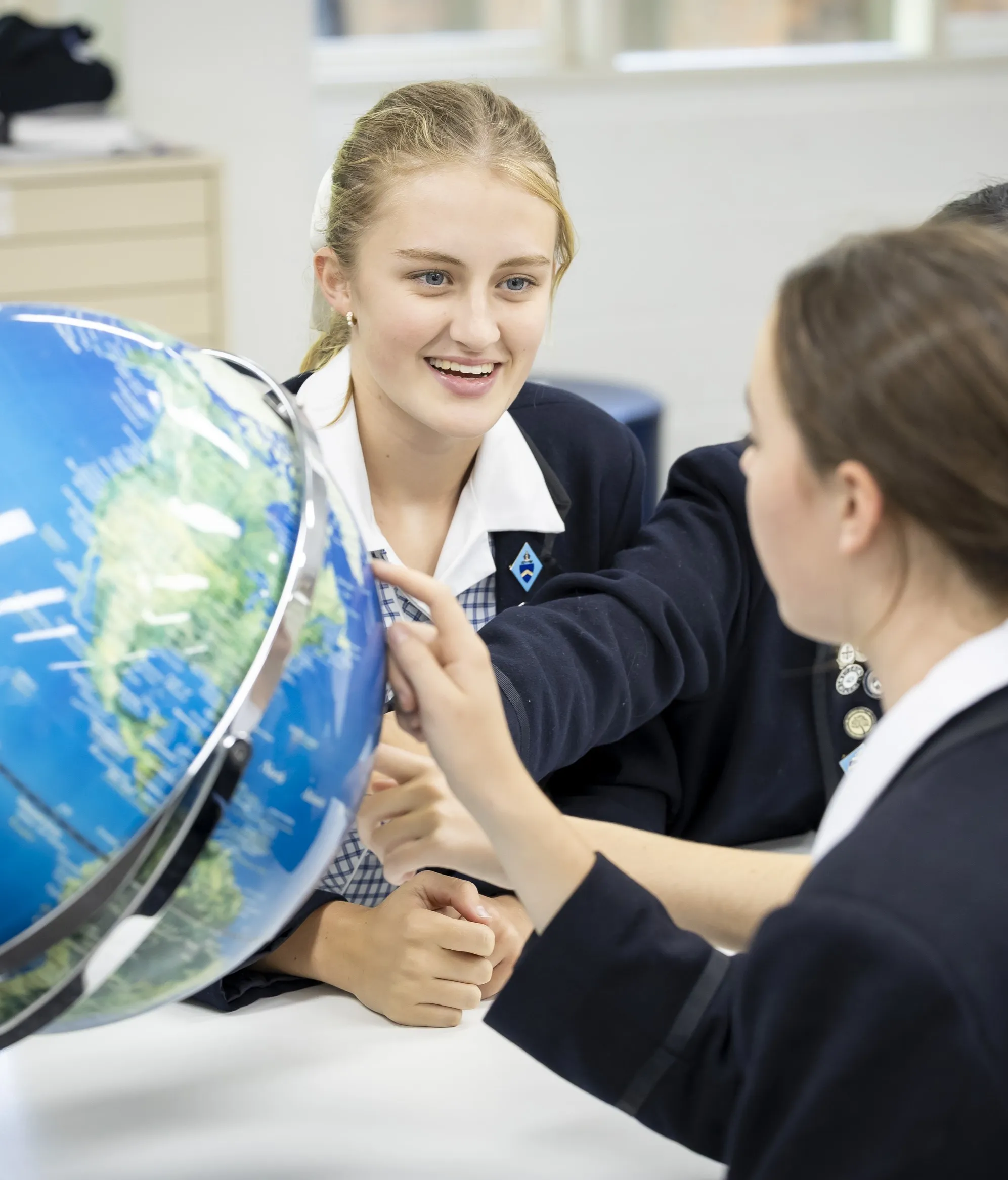
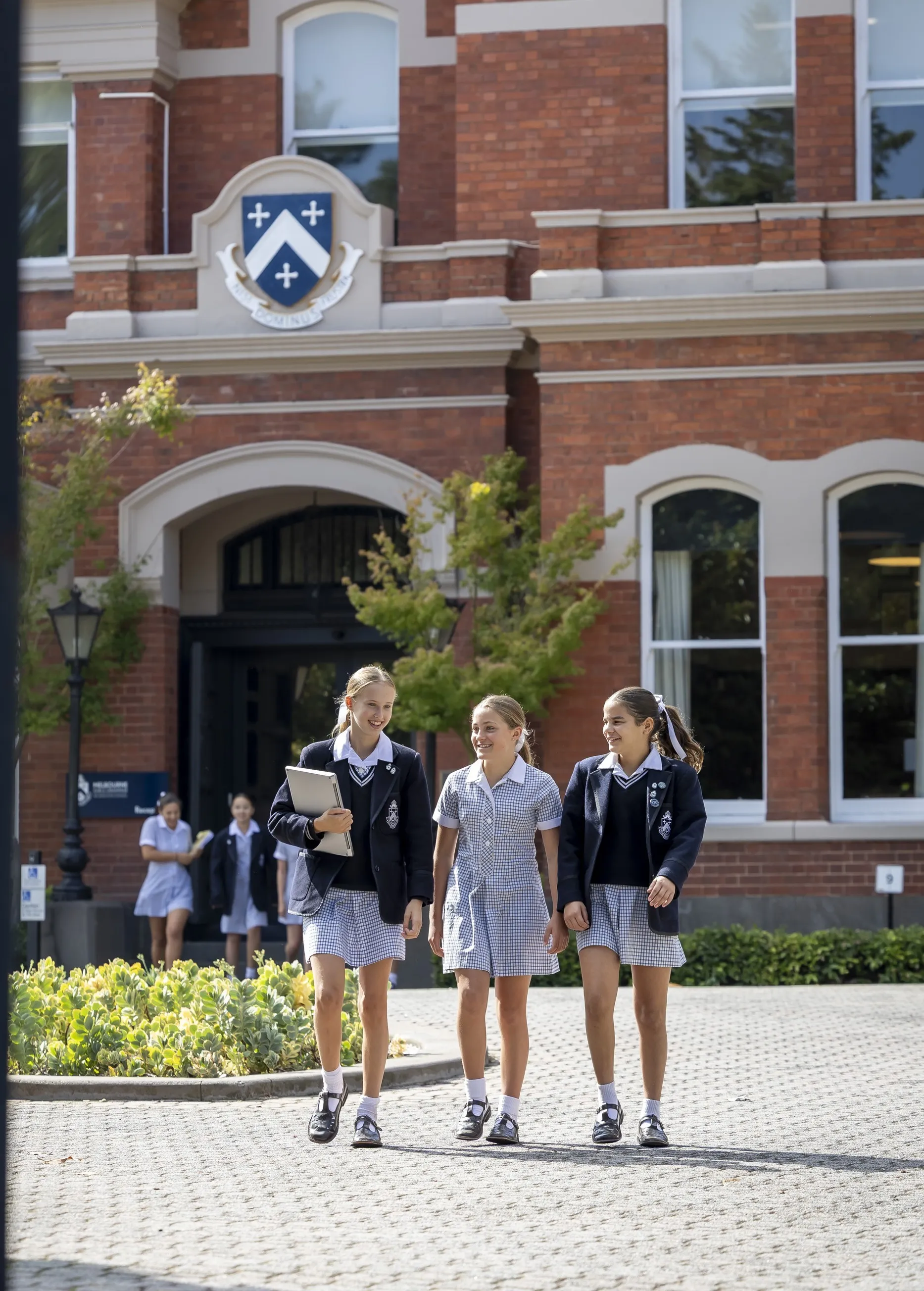
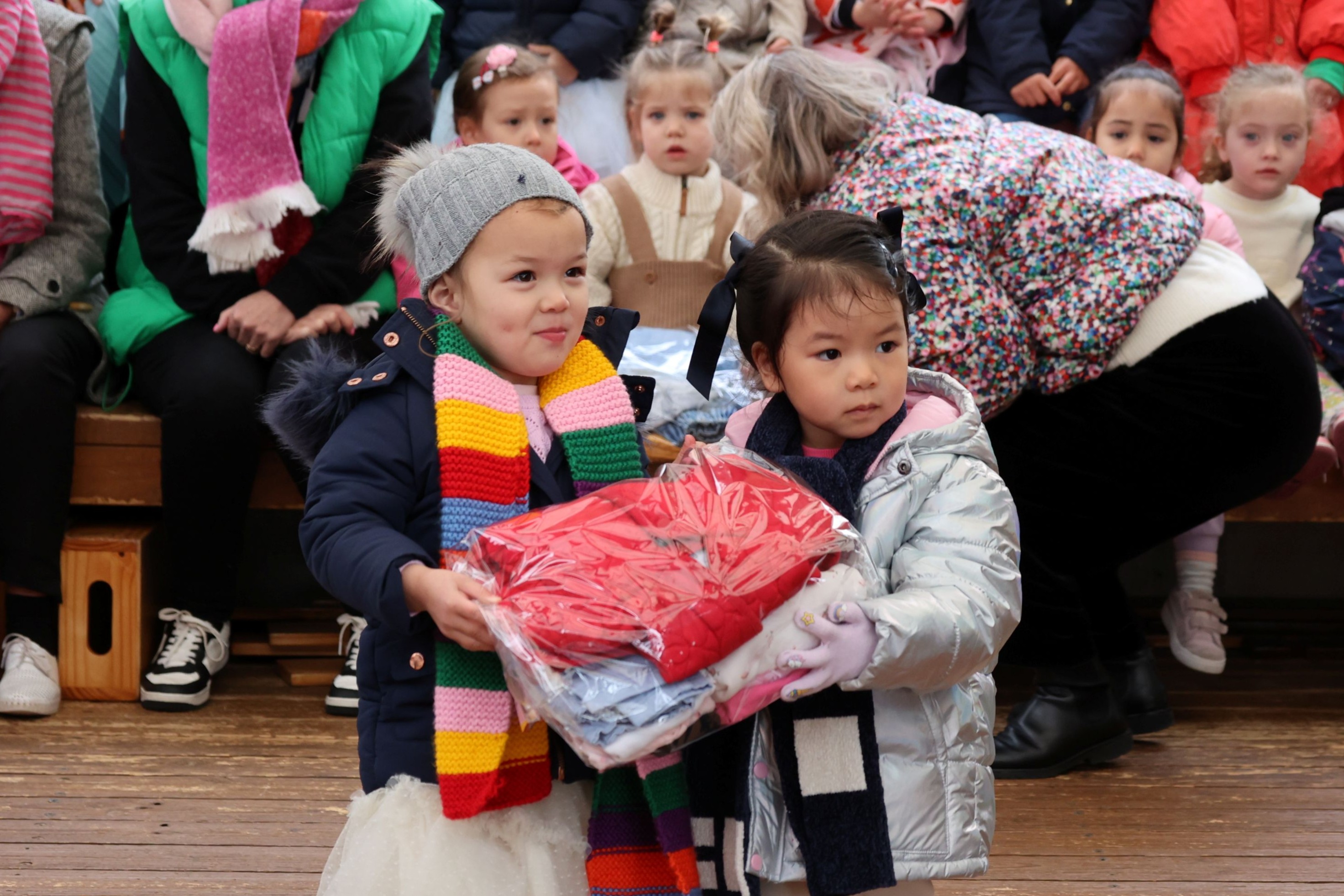
%20resized%20landscape.webp)
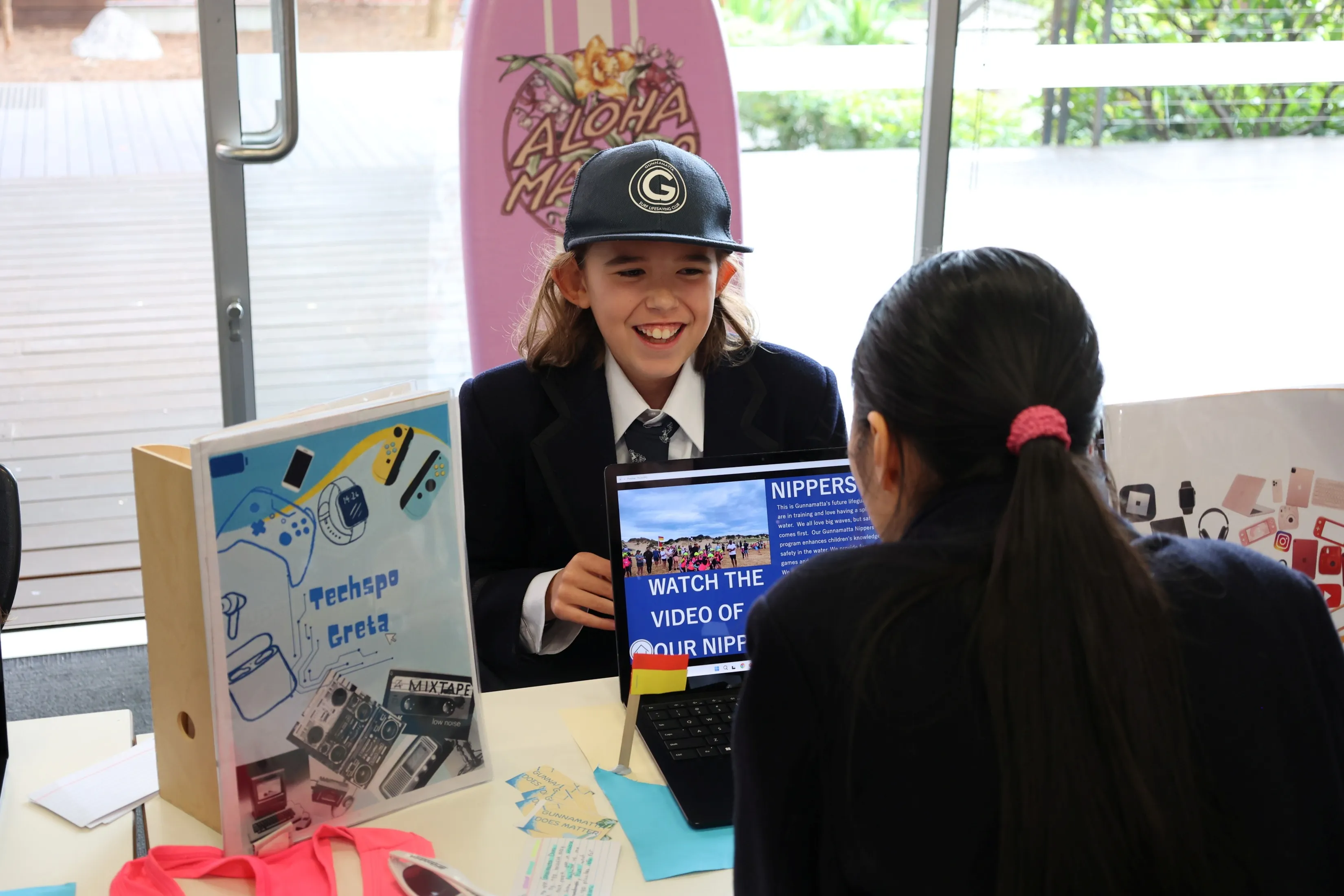

.webp)

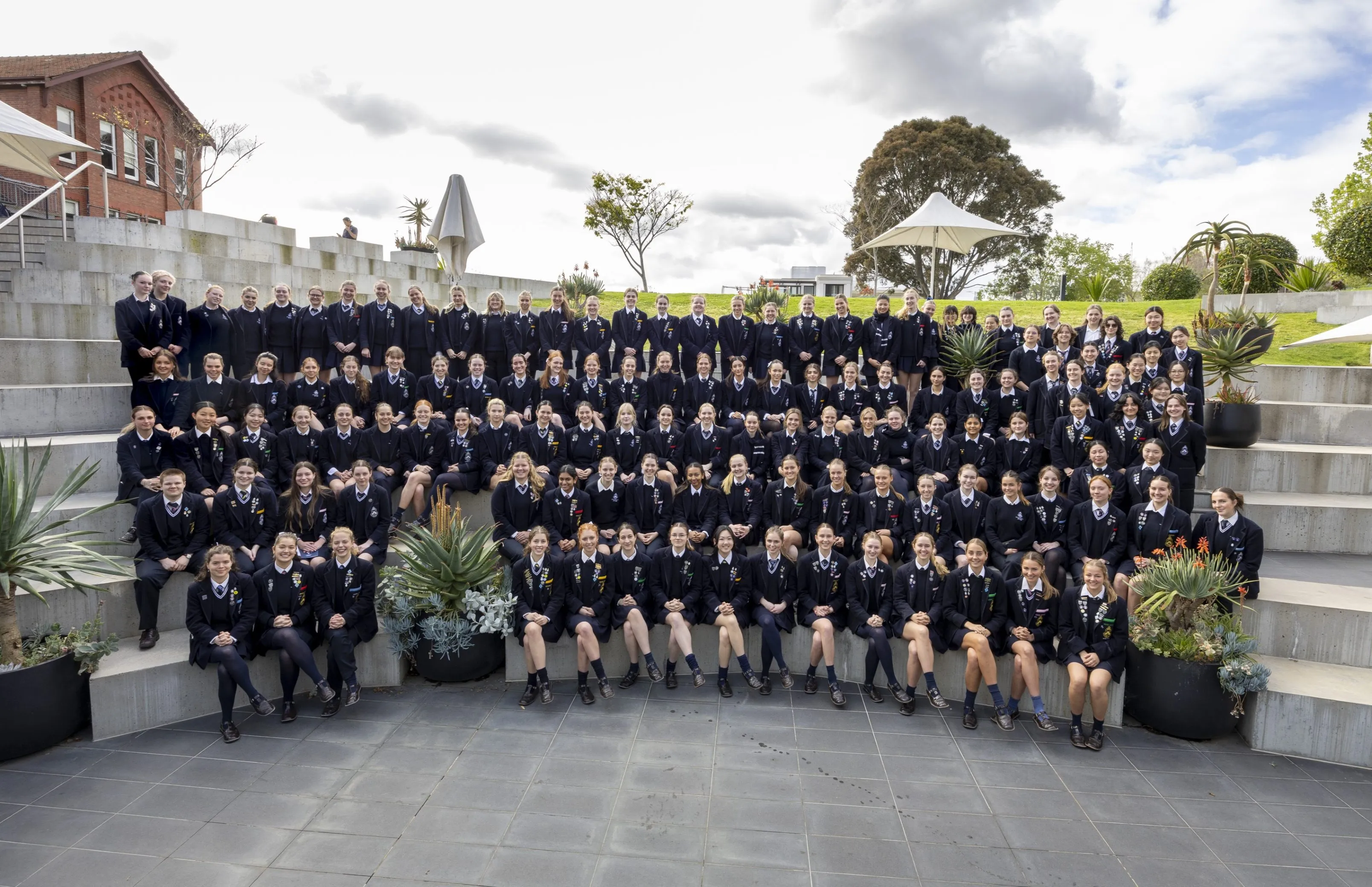
.webp)

